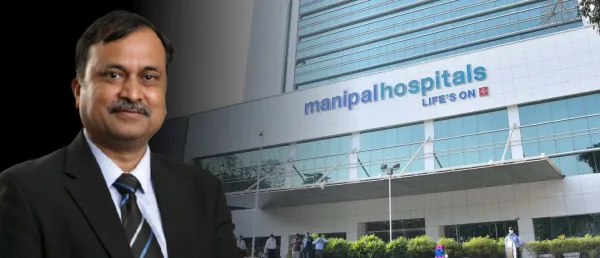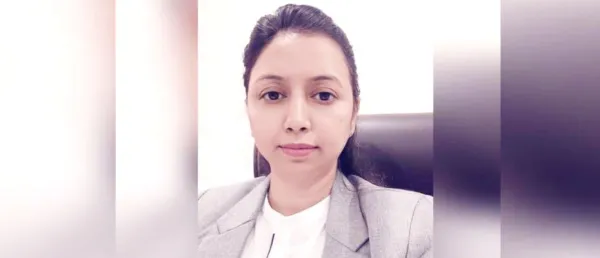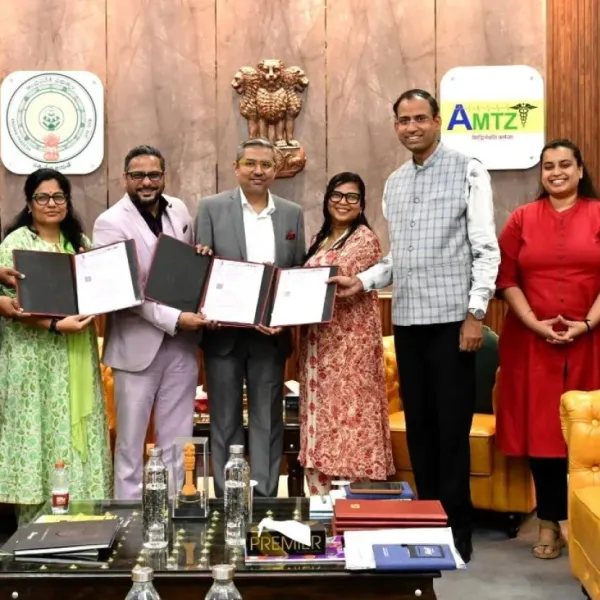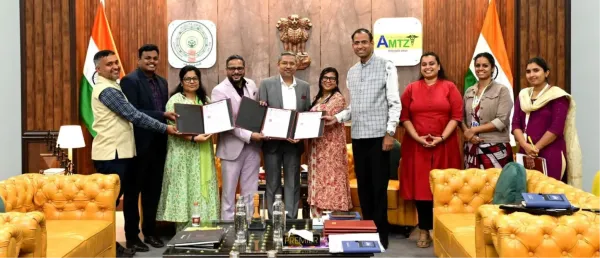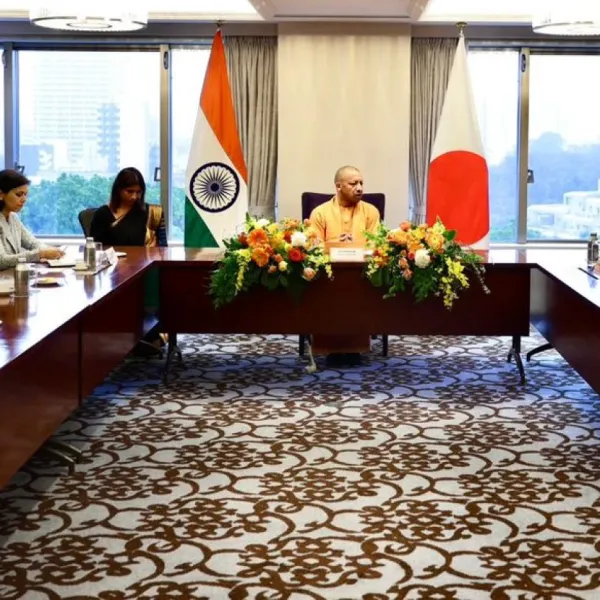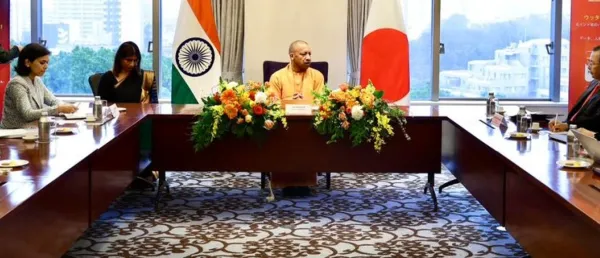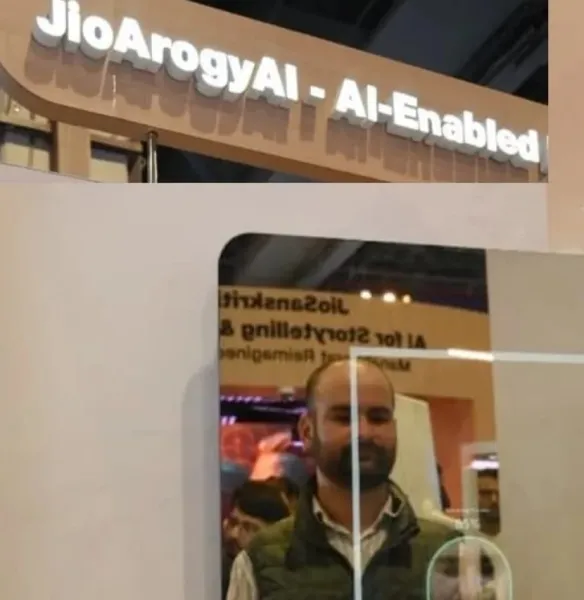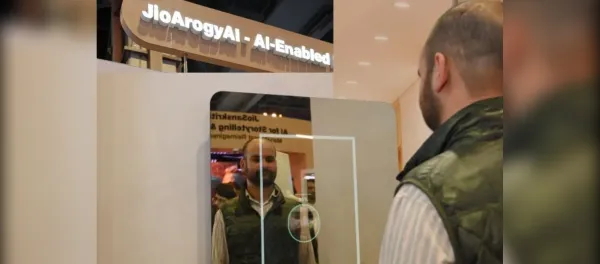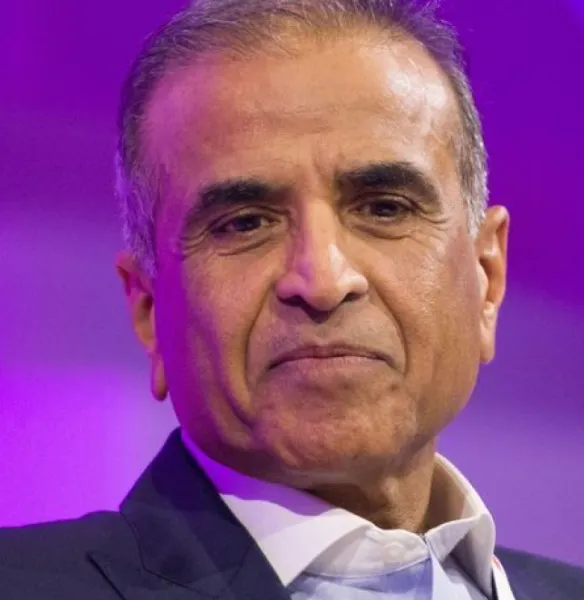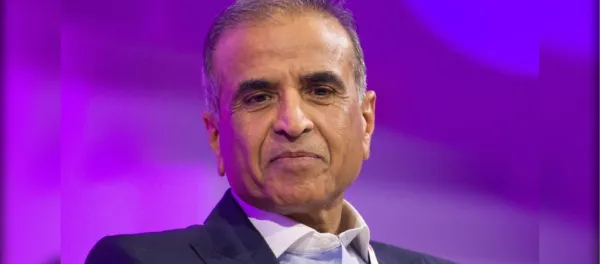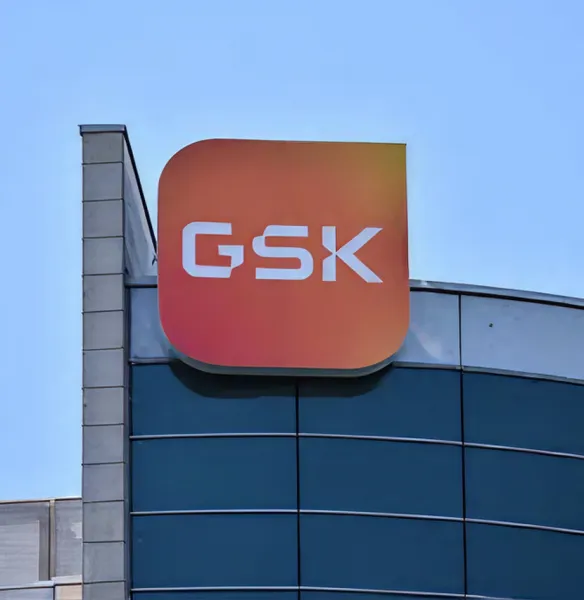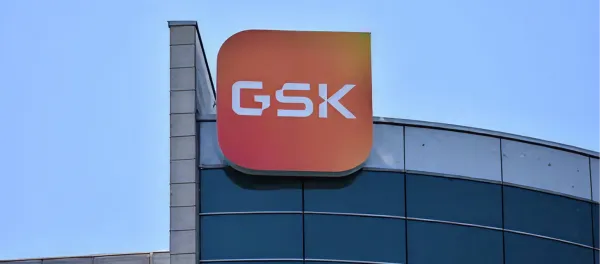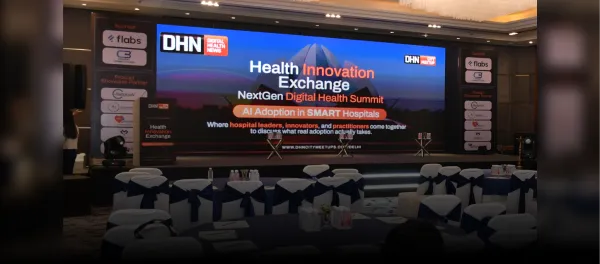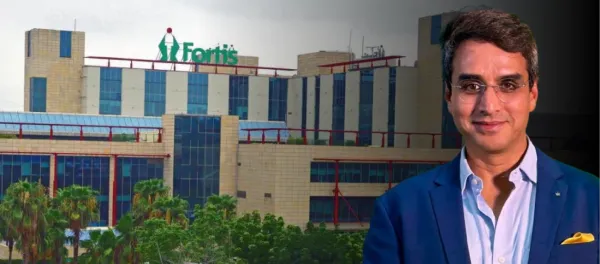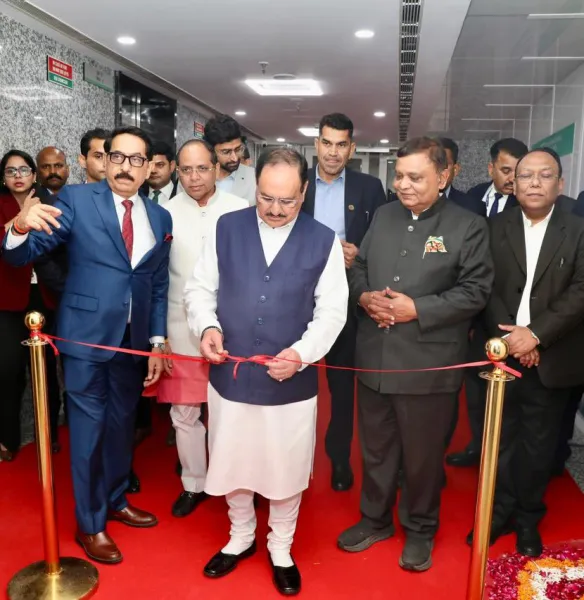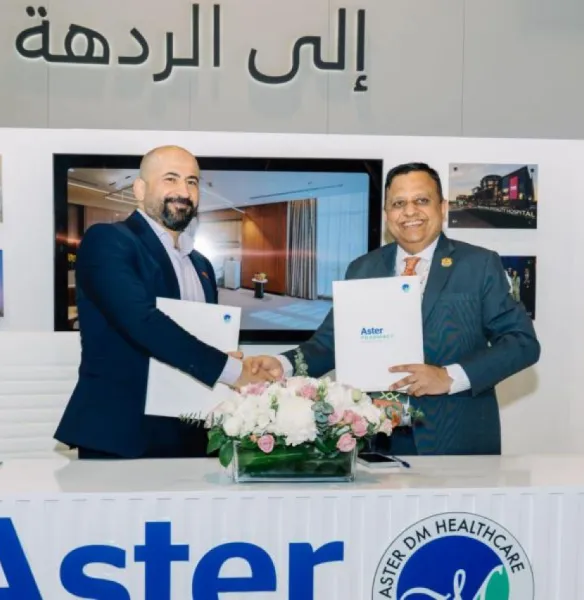AI-Powered mRNA Vaccine Shows Promise in Kidney Cancer Trial

The phase one clinical trial, published in Nature recently, tested the vaccine on nine patients with stage III and IV renal cell carcinoma (RCC). All patients remained cancer-free for a median of 40 months after surgery.
A personalized mRNA vaccine, developed using artificial intelligence (AI), has shown a strong immune response in patients with advanced kidney cancer, according to a study by researchers at Dana-Farber Cancer Institute.
The phase one clinical trial, published in Nature recently, tested the vaccine on nine patients with stage III and IV renal cell carcinoma (RCC). All patients remained cancer-free for a median of 40 months after surgery.
Researchers identified key genetic mutations, known as driver mutations, in kidney cancer, possibly using AI. Scientists then developed an mRNA vaccine targeting proteins produced by these mutations.
"Researchers found the main genetic mutations in renal cell cancer, possibly using artificial intelligence (AI)," said Dr Satya Prakash Yadav, director of pediatric hematology-oncology and bone marrow transplant at Medanta Hospital. "Then they injected mRNA vaccine made against proteins produced by these mutations in cancer. Vaccines could kill cancer," he explained.
The vaccine was designed to train the immune system to recognize and eliminate cancer cells, reducing the risk of relapse. The trial’s baseline characteristics included seven patients with high-grade disease (grade 3) and two with metastatic (stage IV) disease at the time of enrollment.
Under the trial, each vaccine was customized using genetic material from the patient's tumor. Scientists extracted neoantigens—mutant proteins unique to each tumor—and used predictive algorithms to determine which neoantigens were most likely to trigger an immune response. Patients received an initial series of doses followed by two booster shots.
"For all nine patients who met the eligibility criteria for analyses, a personalized cancer vaccine (PCV) was successfully manufactured and administered," the study stated. The research showed a median of 45 high-quality coding mutations per tumor sample, with an average of 15 neoantigen-containing peptides synthesized for each patient.
The study reported a durable immune response. "Our results demonstrate that neoantigen-targeting PCVs in high-risk RCC are highly immunogenic, capable of targeting key driver mutations, and can induce antitumor immunity. These observations, in conjunction with the absence of recurrence in all nine vaccinated patients, highlight the promise of PCVs as effective adjuvant therapy in RCC," the study concluded.
The development follows Russia’s recent claim in December of having developed an mRNA cancer vaccine to be provided free of charge. However, no data was shared to substantiate the announcement.
While the study shows progress in cancer treatment, experts caution that this approach may not be effective for all cancers.
"In recent years, remarkable progress has been achieved in cancer treatment, and this study is proof," said Dr Rajeev Jayadevan, convener, scientific committee and past president of the Indian Medical Association (IMA), Cochin.
He noted that cancer cells have an abnormal genetic makeup that allows them to evade the immune system, enabling uncontrolled growth. While explaining the vaccine’s mechanism, he added, "This method is not suitable for all types of cancer." "We should not give false hope as well," he concluded.
The findings mark a significant step in cancer research, but further studies are required to assess the vaccine’s broader applicability.
Stay tuned for more such updates on Digital Health News.
Stay tuned for more such updates on Digital Health News








